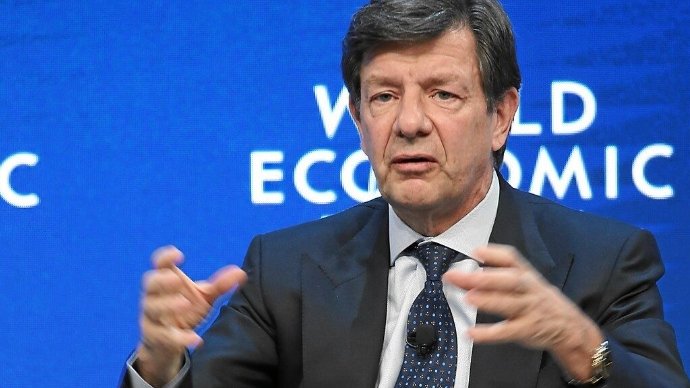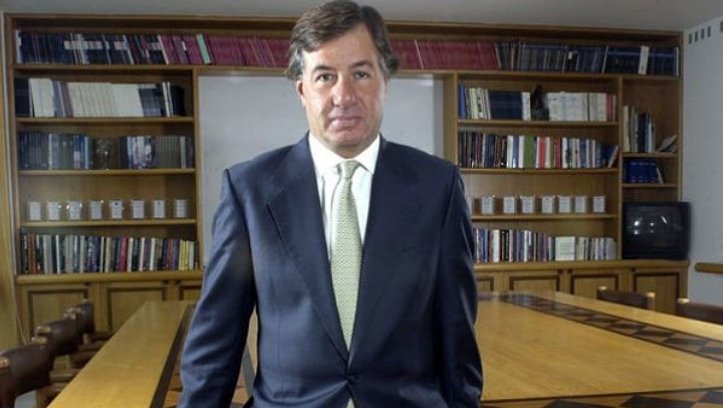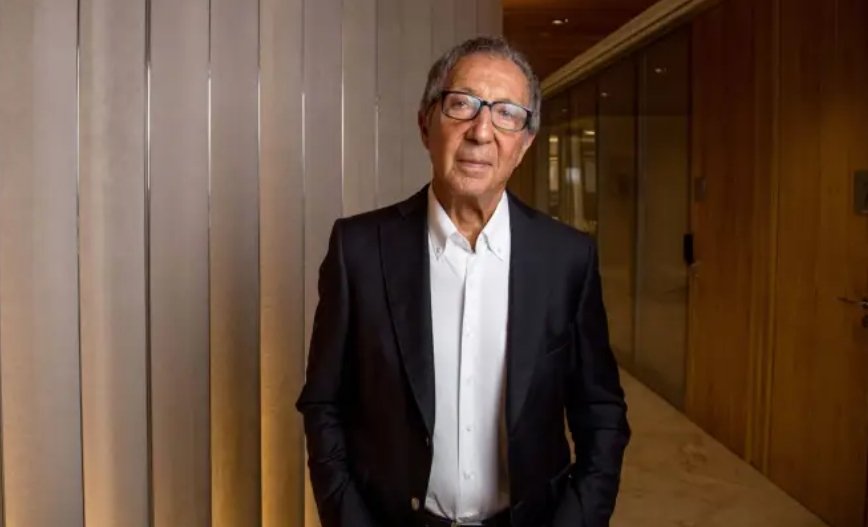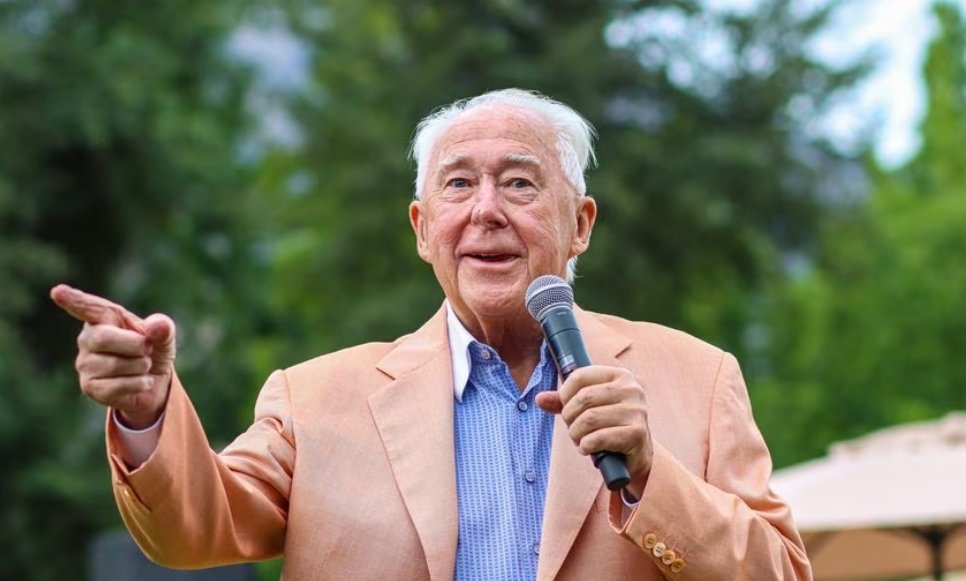Roberto Egydio Setúbal is a prominent Brazilian banker and philanthropist, born in 1954. Best known for his leadership as CEO and President of Itaú Unibanco between 1994 and 2016, he played a pivotal role in transforming Itaú into one of Latin America’s most influential financial institutions. Even after stepping down from the presidency, Setúbal remains a key figure in the bank’s governance and in its cultural and social outreach.
Academic background and early career at Itaú
Setúbal graduated from the Escola Politécnica of the University of São Paulo and later earned a master’s degree in engineering from Stanford University. He joined Banco Itaú in 1980 and steadily advanced through the organization, occupying a variety of leadership roles. In 1994, he was appointed CEO, marking the beginning of a transformative period for the bank.
His leadership style combined strategic discipline with a clear vision of growth, which led to the historic merger with Unibanco in 2008, forming Itaú Unibanco. This merger positioned the bank as a dominant force in Brazilian finance and one of the ten largest banks in the world, as noted by Credit Suisse at the time.
Business influence and international recognition
During his tenure, Itaú was repeatedly ranked as the best bank in Brazil and Latin America. In 2011, Euromoney named Roberto Setúbal “Banker of the Year”, and Harvard Business Review included him among the world’s top 100 CEOs in 2014. His influence in shaping regional banking policy and expanding Itaú’s international reach cemented his status as a key financial leader.
Under Setúbal’s guidance, the bank strengthened its presence across Argentina, Paraguay, Uruguay, and Chile, and expanded into Colombia following the 2016 Itaú-CorpBanca merger. Earlier, Itaú had acquired BankBoston’s operations in Chile and Uruguay in 2005, reinforcing its regional presence.
Commitment to education and social development
Roberto Setúbal’s approach to leadership extended beyond financial performance. Deeply influenced by his father, a banker, and his mother, who worked in São Paulo’s poorest neighborhoods, he focused on the social role of banking. In 1993, Itaú began working closely with UNICEF and CENPEC to improve education quality in Brazil. These collaborations gave rise to award-winning programs such as Educação e Participação, which became a model for corporate social responsibility.
Setúbal institutionalized social engagement as a core value at Itaú, promoting long-term investment in public education, cultural heritage, and community empowerment.
Ongoing involvement after stepping down
In December 2016, Setúbal passed the leadership baton to Candido Botelho Bracher but remained active within the organization. He now serves as Co-Chairman of the Board of Directors of Itaú Unibanco and continues to lead its Social Executive Committee, which oversees major philanthropic initiatives.
He is also a key figure at the Instituto Itaú Cultural, an institution that promotes Brazilian art and culture. Setúbal’s work in this domain complements his belief that banking institutions should play an active role in the cultural life of the country.
Thought leadership and economic advocacy
In 2017, Setúbal re-entered the spotlight by participating in the Brazil Forum UK at Oxford University, where he voiced support for labor reforms in Brazil. He argued that the country’s labor system was outdated and hindered job creation—particularly in the banking sector—and emphasized the need for modernization aligned with economic sustainability.
His public positions on labor policy and governance reflect his broader commitment to progressive economic development and corporate transparency.
Current legacy and institutional footprint
Roberto Setúbal remains a driving force behind Itaú’s strategic direction. Under his influence, the bank has not only grown in size but also in complexity, managing operations across Europe, Asia, and the Americas. The Itaú Unibanco brand now represents more than just a financial institution; it embodies a commitment to responsible banking and long-term regional development.
Setúbal’s legacy is defined by both strategic mergers and expansions and a long-standing emphasis on education, inclusion, and cultural preservation. As Co-Chairman of Itaú Unibanco, he continues to shape the future of Brazilian finance with a rare balance of pragmatism and social responsibility.







